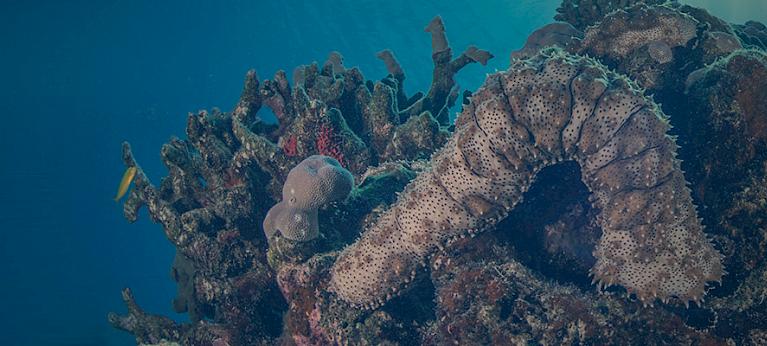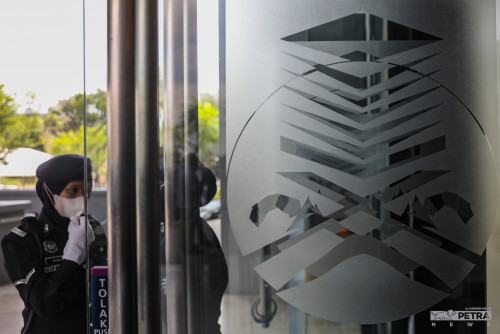KUALA LUMPUR – An international NGO focussed on battling wildlife trade has warned that the increasing demand for sea cucumbers and fish maw in Malaysia and Singapore has subjected the related species to rampant trafficking and depletion.
It also raised the alarm that some of the sea cucumber species are traded despite being protected by both countries.
According to a report released by Traffic, thousands of kilogrammes of the marine creatures, which are considered as delicacies and purported to have medicinal value in the market, were found sold online.
The NGO found that there had been 339 advertisements and posts on 33 websites that offered at least 5,547kg of the sea creatures.
It also revealed that 21 of these advertisements and posts featured sea cucumber species that are in fact legally protected by Malaysia and Singapore.
“Three species of sea cucumber protected under national laws in Malaysia and Singapore, and regulated under Cites since 2020 – Holothuria fuscogilva, Holothuria nobilis and Holothuria whitmaei – were encountered in 21 advertisements and posts,” it said.
Cites refers to the Convention on International Trade in Endangered Species of Wild Fauna and Flora. It is an agreement between governments, aimed at ensuring international trade in specimens of wild animals and plants does not threaten the survival of the species.
The Traffic report titled “A Rapid Assessment of Online Trade in Sea Cucumber and Fish Maw in Malaysia and Singapore” covers the sales of the marine delicacies online over the course of 11 days in both countries. The report was released online today.
It noted that during a global seizure of sea cucumbers from January 2015 to December 2021, Malaysia was reported to be one of the top five countries with the largest number of seizures.
Traffic Southeast Asia director Kanitha Krishnasam said that the number of sea cucumbers and fish maws that they found online does not reflect the actual quantity being trafficked.
“The volumes of sea cucumber and fish maw seen in the online trade in Malaysia and Singapore are large,” she said.
“However, the actual volume of trade is much higher than what was recorded during the rapid assessment – we know this is not just because these products are widely available in outlets, but some online sellers claimed they were able to supply large amounts on a monthly basis.”
Traffic said it found sellers claiming that they could supply a staggering amount of 4,100kg of sea cucumber, with 2,300kg on a monthly basis and 100kg on a weekly basis via the websites Tradekey Malaysia and Tradekey Singapore.
According to Traffic, action should be taken as these species could eventually face extinction.
“Booming online trade in Malaysia and Singapore and high levels of international trafficking could endanger wild populations of sea cucumber and fish maw if regulators do not step by scrutiny and control,” the report stressed.
Traffic urged for better regulations and monitoring, both online and physically, to curb the trading activities.
Furthermore, it suggested a traceability system which could help verify legal products in the market. This could also allow consumers to understand if their purchases are authentic and legal.
It added that DNA analysis of sea cucumbers and fish maw should be done in order to “identify the range of species involved to ascertain how the trade may impact species”.
Earlier today, The Vibes reported that Interpol had conducted an eight-week operation against wildlife trafficking activities, seizing thousands of wildlife products.
The operation involved 23 countries, including Malaysia, and saw a number of arrests taking place in Asia and Africa, and 100 suspects being identified. – The Vibes, January 28, 2021





























